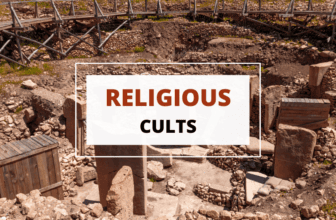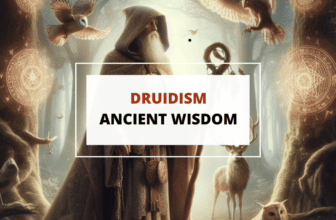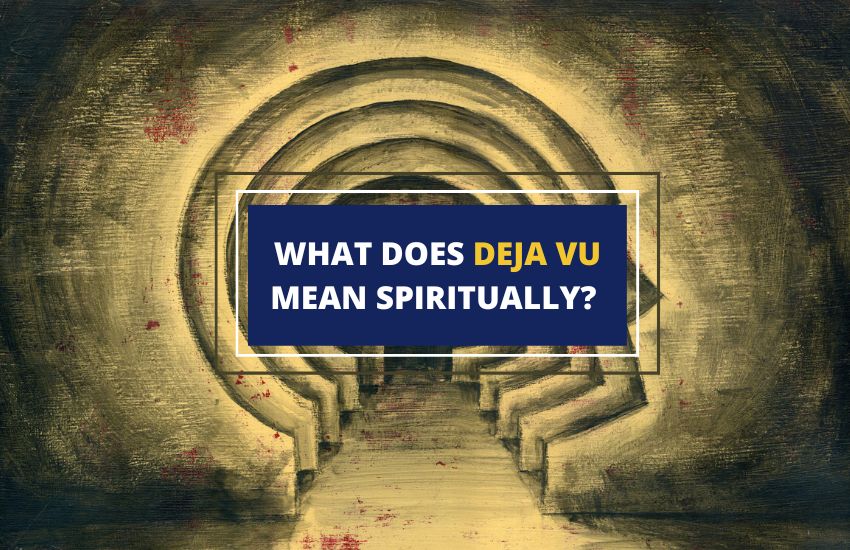
Table of Contents
Have you ever experienced the sensation of déjà vu? That strange feeling of familiarity in a new situation can be disorienting and intriguing at the same time. While science has attempted to explain this phenomenon, many spiritualists believe that there is a deeper meaning to it. Déjà vu is often seen as a message from the universe, a sign that we are on the right path or that we are being guided by a higher power.
In this article, we’ll delve into the spiritual meaning of déjà vu and explore how it can help us connect with the divine forces that surround us.
What is Déjà Vu?
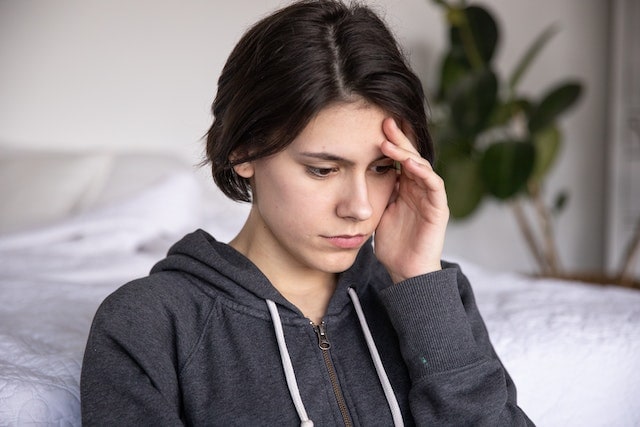
Derived from a French term that directly translates to “already seen,” déjà vu refers to a feeling of familiarity over things, events, or places. The term is often used casually in conversations to describe recurring situations, but in psychology, it is a mysterious phenomenon studied by researchers and scientists for centuries, often described as an odd feeling of familiarity over an event or place that you have never encountered before.
While the experience of déjà vu is not fully understood, there are various theories about its causes, such as a glitch in the brain’s memory processing or the activation of similar neural circuits during different events. Most of the time, it is chalked off as a sign from the universe, or you may think that it is just your brain trying to play tricks on you. Some say that it is like an out-of-body experience, where you watch yourself in the present moment from a third person’s perspective.
History and Records about Déjà Vu
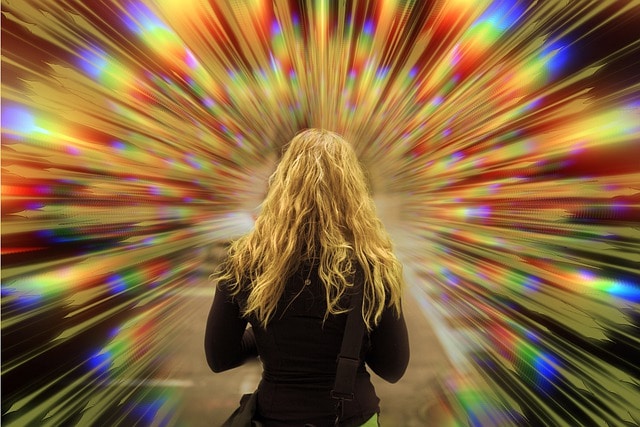
The earliest record that can be found about the phenomenon of déjà vu can be traced as far back as 400 AD when St. Augustine referred to an experience of “false memories.” However, some researchers claim that the concept was mentioned even before this, more than 300 years earlier, in Phythagoras’ speech that Ovid recorded.
Over the centuries, several pieces of literature have referred to the phenomenon, including the Tsurezuregusa or “The Harvest of Leisure,” written between 1330 and 1332 AD by the Japanese monk Yoshida Kenkō; in a novel by Sir Walter Scott released in 1815 entitled “Guy Mannering or the Astrologer”; and in the book “David Copperfield” published by Charles Dickens in 1850.
In terms of scientific research, the earliest published medical-scientific journal about déjà vu can be found in the book “The Duality of the Mind,” released by the English doctor Sir Arthur L. Wigan in 1944. This was followed by the renowned Bostonian and Harvard Anatomy Professor Oliver Wendell Holmes, who published a collection of thoughts in a local newspaper in 1858, which were later compiled and made into a book entitled “The Autocrat of the Breakfast Table.”
Despite being mentioned in notable publications over the centuries, formal studies about déjà vu only started around the late 1800s. The term itself entered scientific literature in 1876 through the work of French philosopher and researcher Emile Boirac who published a letter in Revue Philosophique, the oldest French academic journal in philosophy.
In his letter, Boirac described his own experiences and categorized them as illusionary memories, using the phrase “le sentiment du déjà vu.” The term was then proposed to be officially used to describe the phenomenon by French psychiatrist Francois-Léon Arnaud at an 1896 meeting of the Societe medico-psychologique.
Scientific Research About Déjà Vu and Its Causes
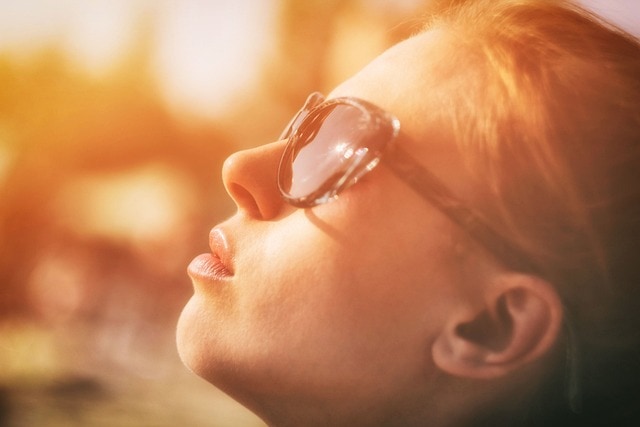
Déjà vu has puzzled scientists and researchers for years because its unpredictable nature cannot be recreated in a laboratory setting, making it challenging to analyze. However, several attempts have been made, each with a corresponding theory to explain the experience.
One study used virtual reality to induce the experience by creating a spatially mapped scene in a video game. Another placed a few participants under hypnosis and suggested they either forget or remember specific events, then later checked if encountering the game or word would trigger the sense of déjà vu.
These experiments propose that déjà vu occurs when you encounter a situation like an actual memory but can’t fully recall it. The brain then recognizes the similarities between your current experience and one in the past, leaving you with a feeling of familiarity that you can’t quite place. However, past cases have shown that the feeling of déjà vu is not always related to past events, making this theory untenable.
Yet another study used functional Magnetic Resonance Imaging (fMRI) to scan the brains of 21 participants as they experienced lab-induced déjà vu. Through this, researchers found that the areas of the brain involved in decision-making were active, rather than the areas involved in memory, such as the hippocampus.
This suggests that déjà vu could result from our brains conducting some form of conflict resolution. Your brain checks through your memories like a diary, looking for any conflict between what you think you have experienced versus what actually happened.
What Do Medical Experts Say about Déjà Vu?
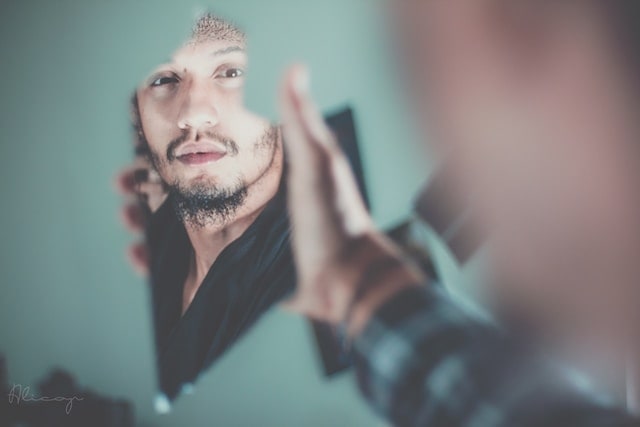
But despite the numerous theories about its possible causes, the phenomenon remains a mystery to many. Some scientists and medical experts claim that it is a result of a glitch in the brain, where the sensory input and memory-recalling output of the brain cross wires, thus creating a feeling of familiarity that is difficult to explain.
Others believe that déjà vu is caused by a transfer of information between the long-term and short-term parts of the brain. This is when your short-term memory seeps into long-term memory, creating the sensation of remembering something from the past with something also happening in the present.
Some theories point to disturbances in the medial temporal lobe, responsible for episodic and spatial memory, as the possible cause of déjà vu. And although some breakthroughs have been made by studying epileptic patients, there is still much to learn about this intriguing and mysterious phenomenon.
Spiritual Meanings Associated with Deja Vu
Despite being studied and observed by scientists and researchers for years, no conclusive evidence has been found to explain the phenomenon of déjà vu and why it happens. As such, several spiritual meanings have developed over time to make sense of the experience.
However, remember that the spiritual meaning of an experience or phenomenon can vary depending on your own beliefs and perspectives. Here are some of the more common meanings or interpretations that have been associated with déjà vu:
1. Link to a Past Life
Some beliefs suggest that déjà vu is a memory leaking in from a past life. This has gained traction through anecdotal success stories from individuals who have undergone past life regression therapy, a hypnosis session designed to access past life memories to help people experience events or circumstances that may relate to their current life in some way.
According to hypnotists, clients typically identify people and characters from their past life memories as current life friends and family members, but in different bodies and roles. Meeting them again creates a sense of déjà vu because you actually have met them before, only in a different lifetime.
Many clients seek past-life regression therapy to work out karmic experiences from past lives, but the scientific community does not support the theory, and some mental health experts have questioned its ethics.
2. Message or Direction from Your Soul
Certain ideologies suggest that your soul continues to exist after death and will be reincarnated into a different physical body, allowing you to experience many lifetimes and providing opportunities for growth and spiritual development. As such, your soul can see the spiritual journey ahead of you, including the pitfalls and obstacles you may encounter.
Therefore, when you experience déjà vu, it may be a sign or a message from your soul, nudging you along or warning you to stop and take stock of your current situation before you put yourself in danger. It may also be a sign to pay attention to a particular thought or feeling, as it may be necessary for your growth and spiritual development.
3. Connection with the Spiritual Realm

Others believe that the feeling of familiarity that comes with déjà vu may be a sign of a strong connection to the spiritual realm. This is because your third eye chakra may begin to open as you grow spiritually, allowing you to access higher levels of consciousness and spiritual insight. When the third eye dilates without you being aware of it happening, the progression can manifest as precognitive dreams or déjà vu.
These experiences can signify that your spiritual connection is becoming more powerful and that you are developing your intuition and psychic abilities. Thus, if you are experiencing frequent episodes of déjà vu, it may be worthwhile to explore your spirituality and connection to the spiritual realm through practices such as meditation, prayer, energy work, and working with a spiritual mentor or guide.
4. Signs from the Universe
Another theory is that déjà vu is a reminder from the universe that enables you to become more aware of the subtle energies at play in your life, urging you to tune into your intuition and spiritual nature. This happens when you become disconnected from your spiritual self after getting too busy coping with the demands of your daily life.
Déjà vu then acts as a wake-up call, urging you to refocus your attention on what truly matters and to take stock of your current circumstances. Thus, when you experience the phenomenon, take it as an invitation to reconnect with your spiritual side, embrace the heightened awareness that comes during these moments, and use it to deepen your understanding of the world around you and your place within it.
5. Signals from your Twin Soul
The concept of twin souls or twin flames can be traced to the ancient era, way back during the time of Plato, some 2,500 years ago. The idea is that twin souls are two halves of the same soul, split apart at the beginning of time and destined to reunite to fulfill a higher purpose. Thus, when you meet your twin soul, it can feel like you have known them forever as if you have met before in a past life.
This connection is different from a soul mate, as it is believed to be more intense. Twin souls often have a powerful energetic connection, and their reunion can profoundly impact their lives and the world around them. This is why some people believe that the experience of déjà vu is actually you meeting your twin soul, and it could be a sign that you are being called to fulfill a higher purpose and contribute to the greater good of humanity.
6. A Prompt from Your Guardian Angel or a Higher Being
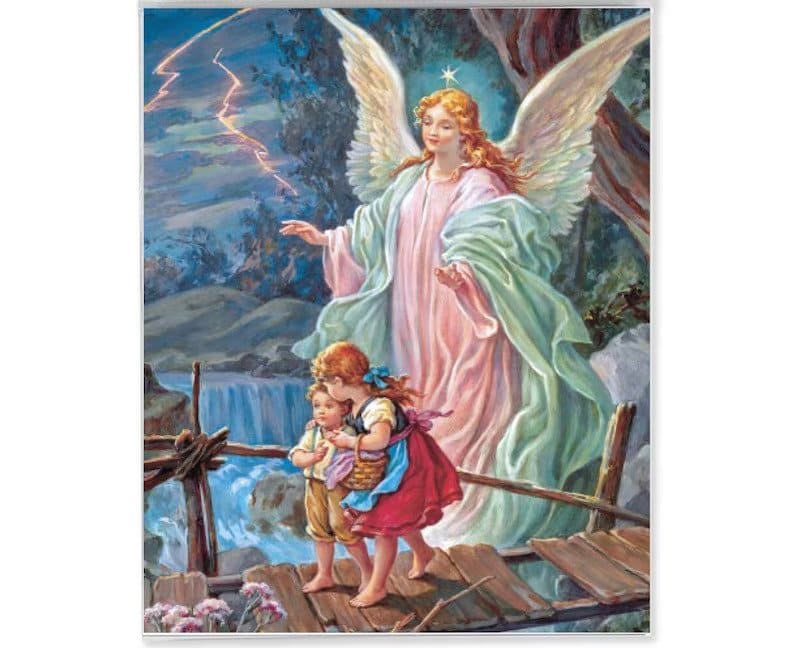
While spirits cannot physically cross over into the human world, they can leave clues and hints during random moments. Many believe that these messages can come in various forms, such as patterns or repeated numbers – as well as the feeling of déjà vu.
As such, experiencing déjà vu can be interpreted as a move from a higher power or your guardian angel, potentially guiding and protecting you towards a particular path. So next time you feel a sense of déjà vu, pay attention to your surroundings and who you were with when it happened, as these details may hold important clues or messages that are addressed to you.
7. Signs from the Collective Unconscious
The concept of the collective unconscious is rooted in Psychology through the work of Swiss psychologist and psychiatrist Carl Jung, who believed that the human brain contains mental patterns or memory traces shared by all members of the human species. Thus, the collective unconscious is formed by universally shared ideas and behavior that have emerged from the collective human experience, manifesting in various aspects of culture, such as literature, art, and dreams, and are deeply ingrained in the human psyche because of our evolution.
The collective unconscious does not exist within our conscious awareness, but its presence can be felt through experiences like love at first sight, near-death experiences, the mother-child bond, and déjà vu. These phenomena hint at the existence of a deeper, interconnected layer of human experience that transcends individual consciousness.
8. Calling from your Divine Self
The concept of the Divine Self, or the Higher Self, comes from a Hindu belief that there is a higher level of consciousness beyond your individual self, and this applies to all human beings. While you may not always be aware of its presence, your Divine Self is ever-aware and has been thinking since you began existing in this lifetime and even in your past lives.
One way that your Divine Self may communicate with you is through synchronicities, where coincidences occur in your life that seem too uncanny to be coincidental. Another way is through déjà vu, where you may receive messages indicating you are on the right path, need to heal and move forward, or are about to repeat the same mistakes that could block your progress. These messages from your Divine Self can serve as a guide to help you navigate your life’s journey.
9. Manifestation of Your Dreams and Aspirations
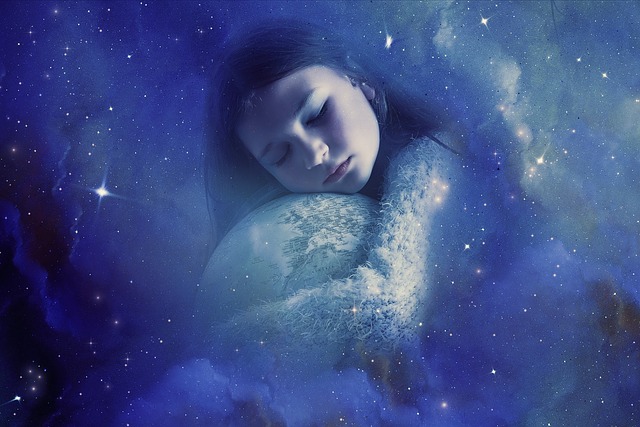
Another spiritual meaning associated with déjà vu is that it is the key to your innermost desires. This means that experiencing déjà vu could indicate that your brain is fixated on something and is trying to make your desires visible in your conscious mind.
Thus, you must pay attention to the ideas that enter your head when you experience the phenomenon in order to unlock the key to living a more fulfilling and purposeful life. You may also seek the guidance of a reputable psychic advisor to help you decipher these messages and provide insight into your innermost desires.
FAQs about Déjà Vu
Déjà vu is a French term that means “already seen.” It’s a sensation of having experienced a moment, situation, or place before, even though it’s new to the person experiencing it.
Déjà vu is a common experience, with up to 70% of people reporting having experienced it at least once in their lives.
The exact cause of déjà vu is unknown, but there are several theories. One theory suggests that it may be caused by a delay in the processing of sensory information, while another theory suggests that it may be due to a glitch in the brain’s memory system.
Some people believe that déjà vu has a spiritual or mystical significance, as it may be a message from the universe or a sign of spiritual awakening. However, there’s no scientific evidence to support this claim.
There’s no known way to prevent or treat déjà vu, as it’s a natural and often fleeting experience. However, some people may find that practicing mindfulness or meditation can help them stay present at the moment and reduce the frequency of déjà vu.
Wrapping Up
The phenomenon of déjà vu remains a fascinating and mysterious experience that has intrigued people for centuries. While science has attempted to explain it, many spiritualists see it as a message from the universe or a reminder to stay present at the moment.
Regardless of its meaning, déjà vu is a reminder of the complexity and wonder of the human mind and our connection to the world around us. So, the next time you experience déjà vu, take a moment to appreciate its mystery and the many possibilities it holds.






